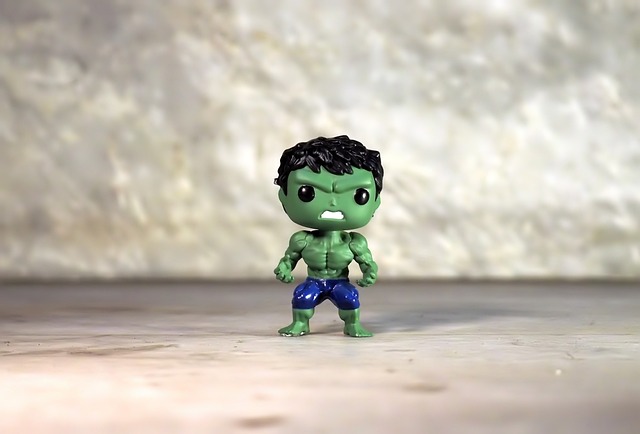
New Paper: Optimizing User Experience in Wearable Cognitive Assistance through Model Specialization (tinyHulk)
Wearable Cognitive Assistance (WCA) is a rapidly evolving application that relies on accurate computer vision models for optimal performance and user experience. However, adapting these models to varying user workstation backgrounds can be challenging, as it often necessitates extensive data collection and model retraining. To address this challenge, we propose an approach that focuses on improving model specialization to enhance the accuracy of model inference. Our method eliminates the need to gather the entire training dataset from each individual end user. This not only reduces labor-intensive work but also minimizes bandwidth requirements for transferring data to remote servers for training.
We successfully train specialized models that are tailored to the unique characteristics of each workstation. These specialized models consistently achieve competitive accuracy levels during model inference, comparable to the ground truth models trained with real data collected directly from the workstations, which ultimately enhances the overall user experience with the WCA application.